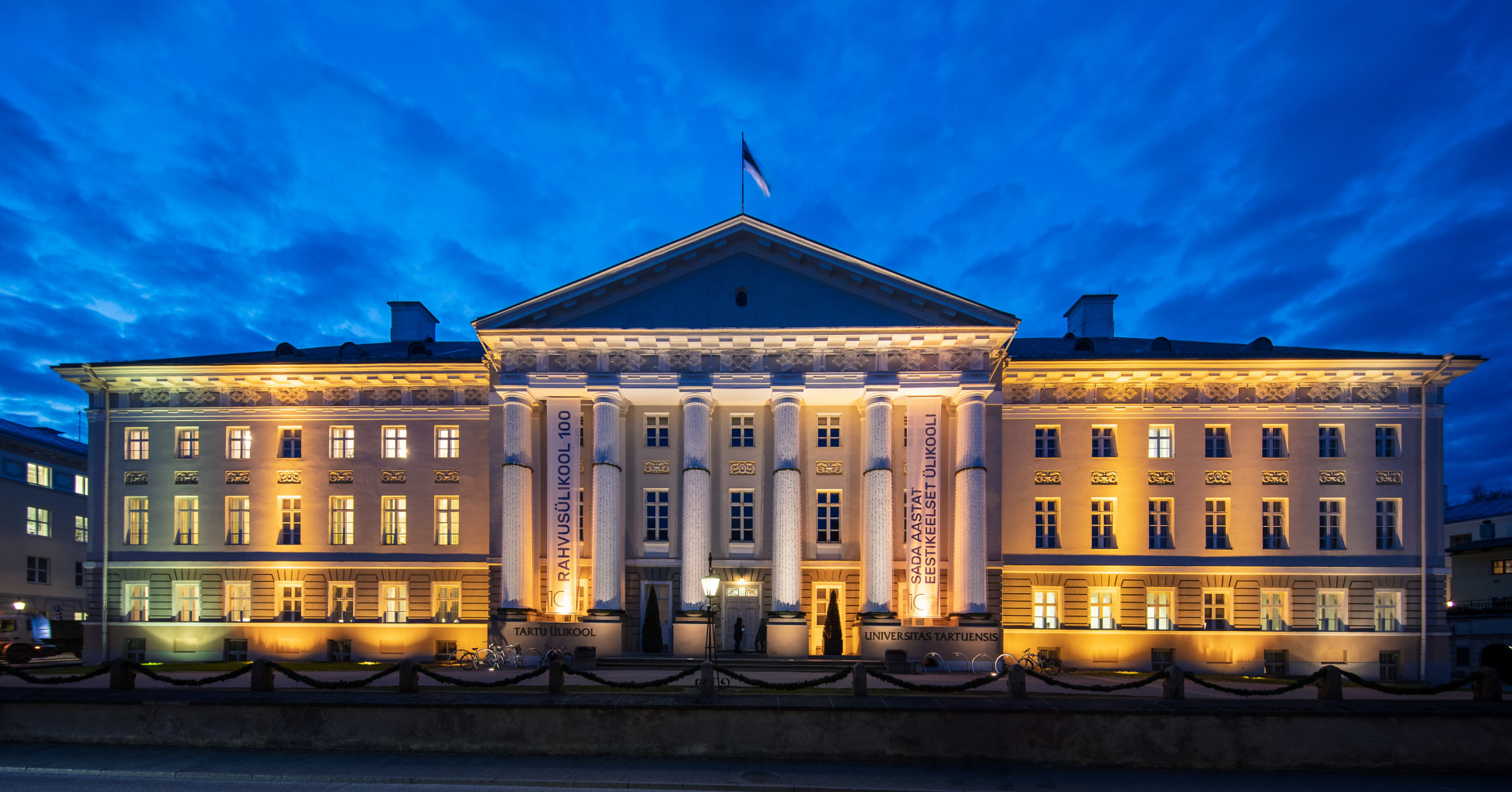Estonia is a small country in the Baltic region of Northern Europe bordered to the north by the Gulf of Finland, to the west by the Baltic Sea, to the south by Latvia and to the east by Lake Peipus. Across the Baltic Sea lie Sweden and Finland.
Estonian history extends across a long and winding road through time, telling the tales of many nations, from Vikings to the kings, queens and medieval merchants of German, Swedish, Danish and Russian descent. Estonia's deeply rooted pagan spirit and European mindset mean that the country and its people bear close ties with nature while being a proudly independent EU and NATO member state with a growing reputation for innovation, i.e., Estonia is the first country to adopt online voting and the only country in the world to offer e-residency. Many world-changing start-ups originate from Estonia: TransferWise, GrabCAD, Fortumo, Pipedrive, Starship Technologies, and Skype.
From ancient songs and musical traditions to South Estonia's smoke sauna and dugout canoes, from creative cities to historical memories, there's a whole range of treasures to discover. Whether your interest lies in history, architecture, traditional crafts, or music, there is something for you to explore in Estonia. UNESCO listed these 12 aspects of the Estonian culture and landscape as deserving of preservation and international recognition.
Estonia was declared Lonely Planet’s best value destination for 2016 and the capital of Estonia, Tallinn, is Lonely Planet’s best value destination for 2018.
The city of Tartu can be called the spiritual capital of Estonia, with locals talking about a special Tartu spirit (Tartu vaim) created by the time-stands-still feel of its wooden houses and stately buildings and by the beauty of its parks and riverfront.
Tartu was the cradle of Estonia’s 19th-century national revival, and escaped Soviet town planning to a greater degree than Tallinn. Its handsome centre is lined with classically designed 18th-century buildings, many of which have been put to innovative uses. Aside from its own attractions – including some interesting galleries and museums – the small and provincial Tartu, with the tranquil Emajõgi River flowing through it, is a convenient gateway to exploring southern Estonia. You can familiarize yourself with the city of Tartu by the virtual tour of Tartu.

Tartu will be the 2024 European Capital of Culture. The year will be packed with events showcasing the historical and cultural heritage of the second-biggest city in Estonia and the surrounding region. In connection to previous, Tartu is on the National Geographic Cool List 2024: the 30 most exciting destinations to visit in 2024. "Tartu and the wider Southern Estonia region are marking European Capital of Culture with a year of events, from classical concerts and film screenings to edgy outdoor art installations," writes National Geographic.
The artistic concept of the European Capital of Culture Tartu 2024 is arts of survival, or "ellujäämise kunstid" in Estonian. The arts of survival are the knowledge, skills, and values that will help us lead a good life in the future. These are the knowledge, skills, and values that we endorse, cherish, share with and learn from Europe. The four most important arts of survival featured in the Tartu 2024 programme are uniqueness, sustainability, awareness, and co-creation.

Tartu is Estonia’s premier university town. Established by King Gustavus Adolphus of Sweden in 1632, the University of Tartu (UT) is the largest and most comprehensive university in Estonia and one of the most respectable centres of education and research in Central and Eastern Europe. It belongs to the top 1.2% of world's best universities and is among the top 200 universities in Europe (QS World University Rankings 2017/18). UT is home to 14 000 students, including 1300 international students from more than 90 countries.
The University of Tartu is famous for its research-based education. On average, the university awards over 100 Ph.D. degrees, and university researchers publish about 3,000 scientific articles annually. UT is in the top 1% of the world’s most cited universities and scientific institutions in the fields of Clinical Medicine, Chemistry, Environment and Ecology, Plant and Animal Science, Geosciences, Social Sciences (general), Molecular Biology and Genetics, Biology and Biochemistry, Neuroscience and Behaviour, Psychiatry and Psychology (ISI Web of Science 2017). A total of 42 UT scientists belong to the top 1% of most quoted scientists in the world.
The conference venue of BEChem 2024 will be V Spa and Conference Hotel, which is comfortably located in the centre of Tartu.
Additional information: